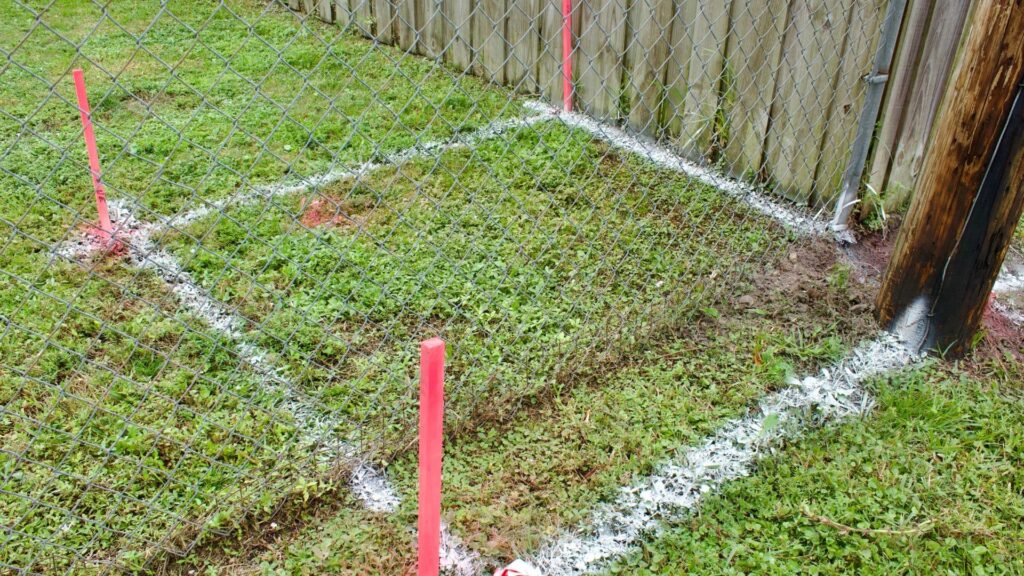Contents
Easements are vital components in property law, providing specific rights of use over land without transferring ownership. These rights are crucial for various needs, such as access, utility passage, and maintenance. Additionally, understanding the implications of easements on transfer duty—a type of property transaction tax—is essential for property transactions in Australia.
What is an Easement?
An easement grants the legal right to use another person’s land for a designated purpose. Here are some common types of easements:
- Right of Way Easements: These allow the holder to cross another person’s land.
- Utility Easements: These are for essential services like water, electricity, or gas lines.
- Access Easements: These allow access to a property for maintenance or operations without ownership.

Although easements do not transfer land ownership, they significantly influence property utility and value.
Easements as Dutiable Property
In Australia, particularly under New South Wales law, easements are often classified as dutiable property. When easements are created with a payment, this triggers a transfer duty (formerly known as stamp duty) requirement. This duty is calculated on the higher value between the payment made and the easement’s market value.
If an easement is granted without payment, it is typically exempt from transfer duty, simplifying the registration process with Land Registry Services.
How are Easements Valued?
When payment is involved in an easement transaction, transfer duty is assessed either based on this consideration or on the market value of the easement. Revenue NSW states that for arms-length transactions (where parties are unrelated and fair dealing is evident), valuation evidence might not be required. Instead, the duty can be based directly on the paid consideration.
Conclusion
Easements are an integral part of property management and use in Australia. Their establishment and transfer can have significant financial implications, particularly concerning transfer duties. Proper management of these duties and understanding their calculation can prevent future legal complications.
At PDC Law, we are equipped to handle the documentation and registration of your easement agreements efficiently, ensuring all aspects are compliant with current laws and regulations.




